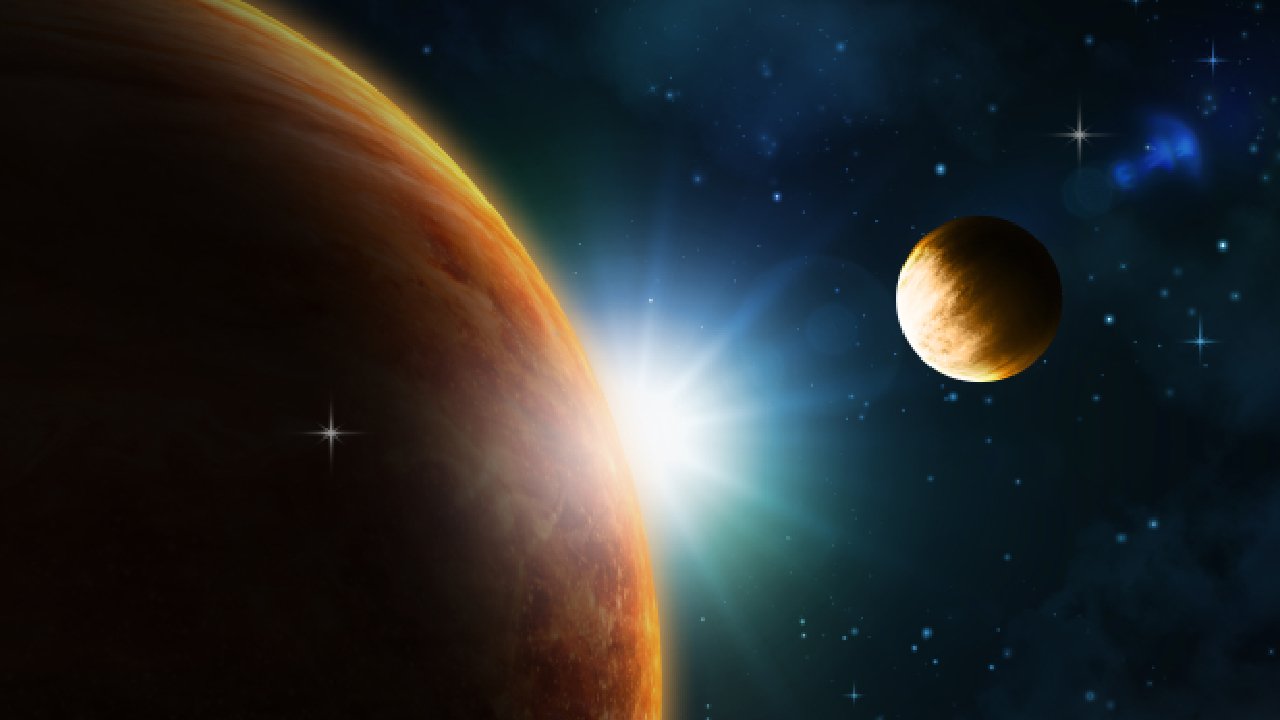Astrology and astronomy are two fields of study that have fascinated humans for centuries. While they both involve the celestial realm, they differ significantly in their approaches and objectives. Let’s explore the distinctions between astrology and astronomy.
What is Astrology?
Astrology is a belief system and a pseudoscience that suggests a correlation between the positions and movements of celestial bodies, such as the stars, planets, and other celestial objects, and various aspects of human life and personality traits. It is based on the premise that the positions of these celestial bodies at the time of a person’s birth can influence their character, behavior, and destiny.
Astrologers use horoscope s, which are diagrams or charts mapping the positions of celestial bodies at a specific time and location, typically at the moment of a person’s birth. These charts are believed to provide insights into a person’s personality, relationships, career, health, and other life events. Astrology is often associated with the twelve zodiac signs derived from the constellations along the ecliptic, the Sun’s apparent path across the celestial sphere throughout the year.
The planets follow consistent paths and move at specific speeds within the vastness of space. In astrology, these celestial bodies are believed to symbolize various facets of our lives. For instance, the Sun and the Moon are associated with our innermost selves, determination, emotions, creativity, and the nurturing aspect often associated with mothers. Additionally, each planet is thought to possess distinct attributes like opposition, anger, and bravery.
It is important to note that astrology lacks scientific evidence and is considered by the scientific community as a pseudoscience. Critics argue that any perceived connections between celestial positions and human lives are based on coincidence, psychological factors, and subjective interpretations. However, astrology continues to be popular among many individuals who find personal meaning and guidance in its teachings.
What is Astronomy?
Astronomy is a scientific discipline that studies celestial objects, such as stars, planets, galaxies, and other phenomena beyond the Earth’s atmosphere. Unlike astrology, which is a belief system, astronomy is a genuine scientific field that focuses on understanding the physical properties, behavior, and origins of objects in the universe.
Astronomers use various techniques to observe and analyze celestial objects, including telescopes, satellites, and space probes. They collect data through different parts of the electromagnetic spectrum, such as visible light, radio waves, X-rays, and gamma rays. By studying these data, astronomers can investigate the composition, temperature, distance, motion, and other characteristics of celestial bodies.
Astronomy encompasses several sub-disciplines, including astrophysics, which applies the principles of physics to understand astronomical phenomena, and cosmology, which studies the origins and evolution of the universe as a whole. Astronomers also investigate topics such as planetary science, stellar evolution, galaxies, black holes, and the search for extraterrestrial life.
The discoveries made in astronomy have significantly advanced our understanding of the universe, leading to breakthroughs in physics, cosmology, and other scientific fields. Astronomical research has contributed to our knowledge of the Big Bang theory, the existence of exoplanets (planets outside our solar system), the lifecycle of stars, the structure of galaxies, and the nature of dark matter and dark energy, among many other important findings.
Astrology vs Astronomy
Astrology and astronomy are often confused or mistakenly thought to be the same thing, but they are actually distinct disciplines with different aims and methodologies.
Astronomy is a scientific field that focuses on the observation, study, and understanding of celestial objects and phenomena. Astronomers use rigorous scientific methods, such as observation, experimentation, and mathematical modeling, to explore the properties, behavior, and origins of objects in the universe. Astronomy seeks to explain the physical processes that govern celestial bodies, their interactions, and the evolution of the universe. It is considered a valid and respected scientific discipline.
On the other hand, astrology is a belief system and pseudoscience that posits a connection between the positions of celestial bodies and human lives. Astrologers interpret the positions of planets, stars, and other celestial objects at the time of a person’s birth to make claims about their personality traits, relationships, and future events. Astrology lacks scientific evidence and is not supported by the scientific community.
While astronomy relies on empirical data, rigorous analysis, and the scientific method, astrology relies on subjective interpretations, symbolism, and personal beliefs. Astronomy strives to uncover the physical laws and mechanisms that govern the universe, whereas astrology seeks to provide insights and predictions based on the perceived influence of celestial bodies on human life.
In simple terms, astrology and astronomy are different ways of looking at the stars and planets. Astronomy is a scientific study that uses evidence and observation to understand the universe. On the other hand, astrology is more about interpreting how the positions of celestial bodies might influence human behavior and life events. While astronomy is widely accepted by scientists, astrology is often viewed with skepticism. Both fields have had an impact on our understanding of the cosmos and our place in it.

